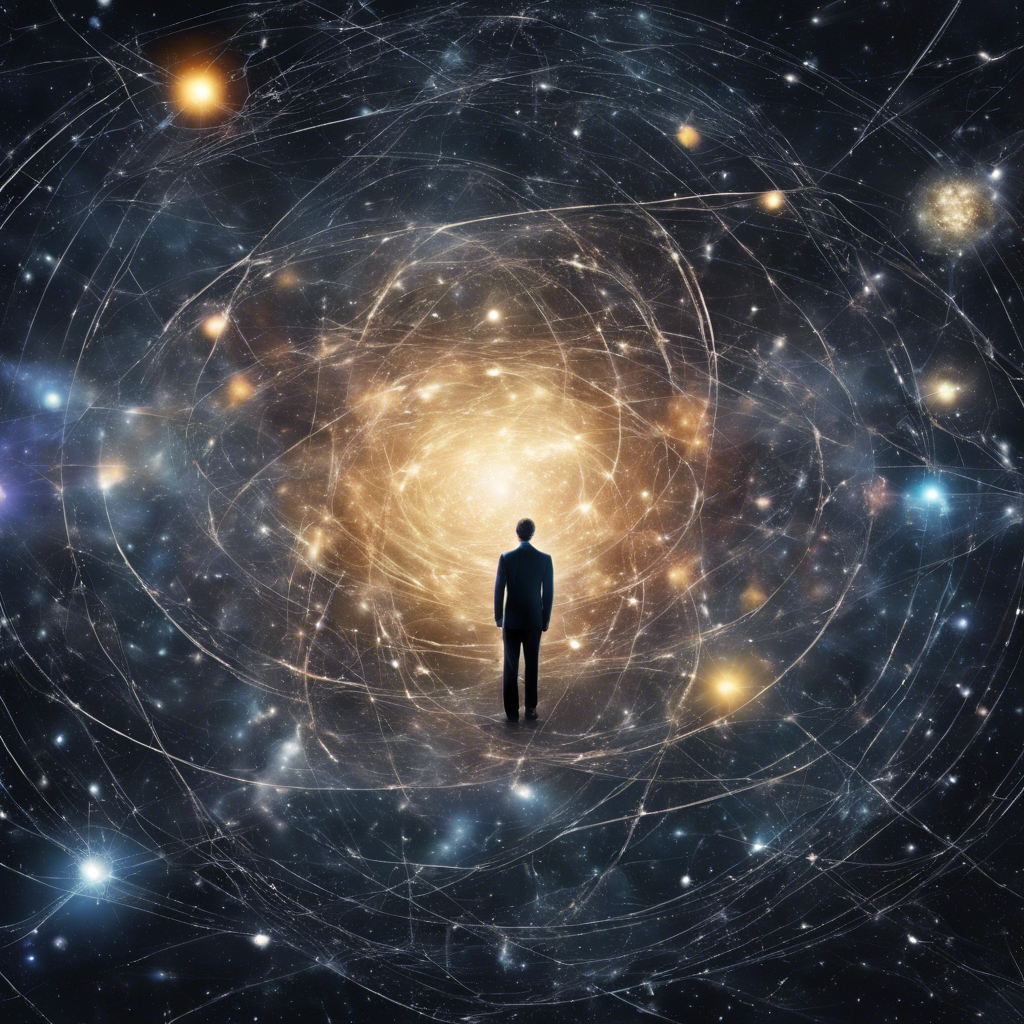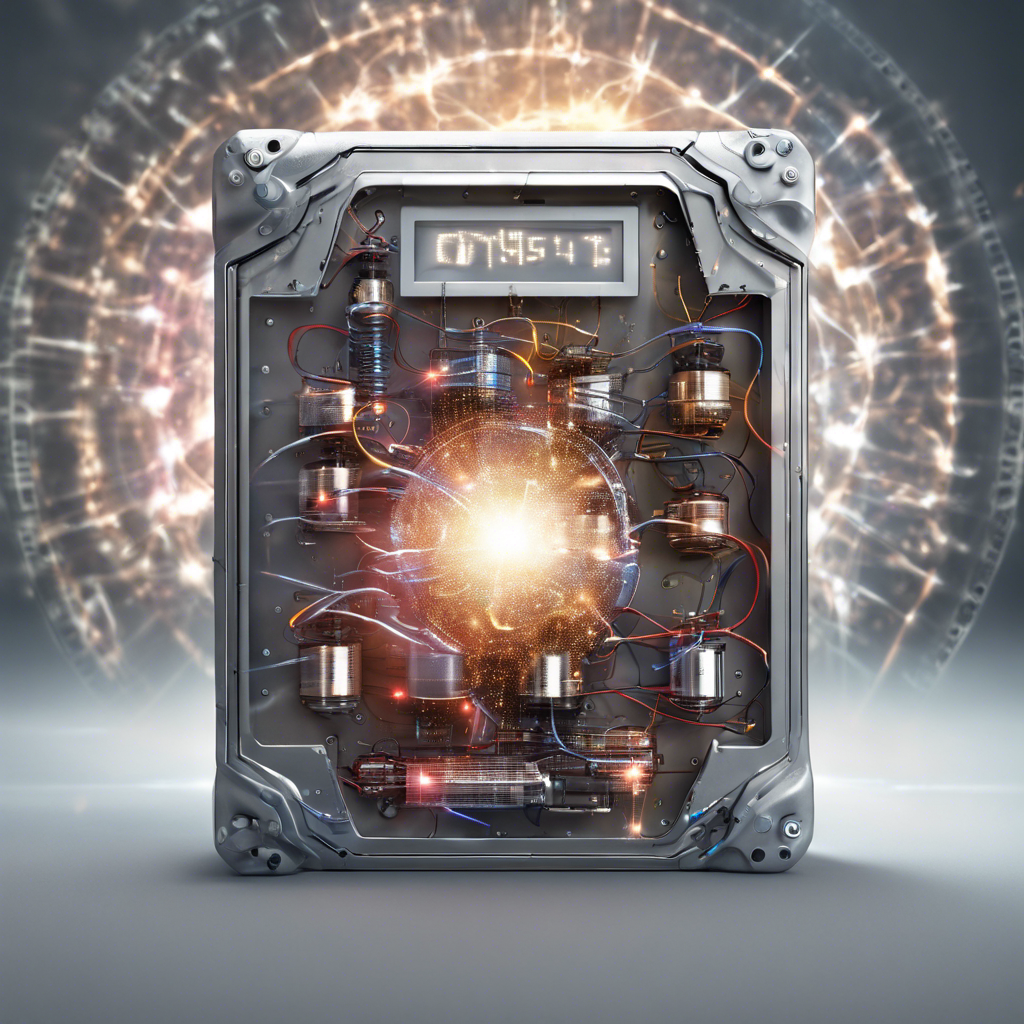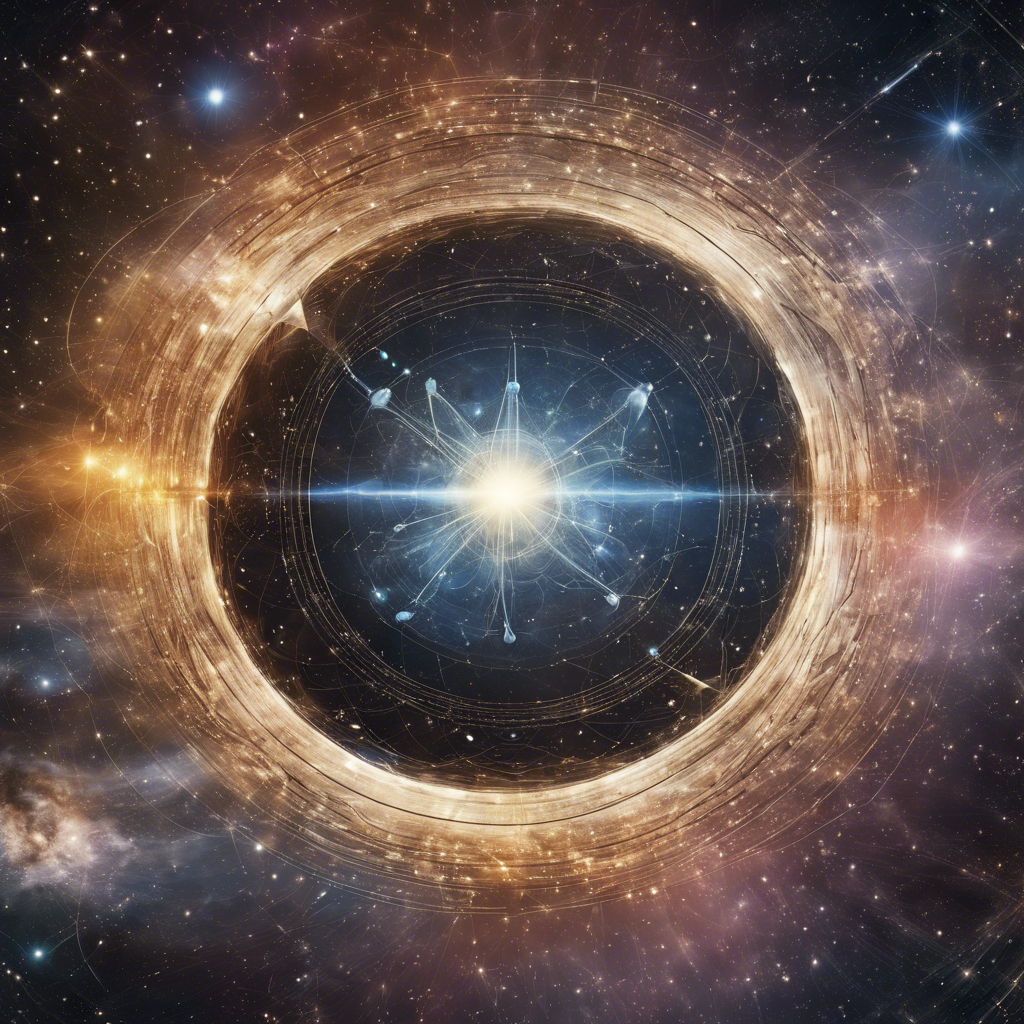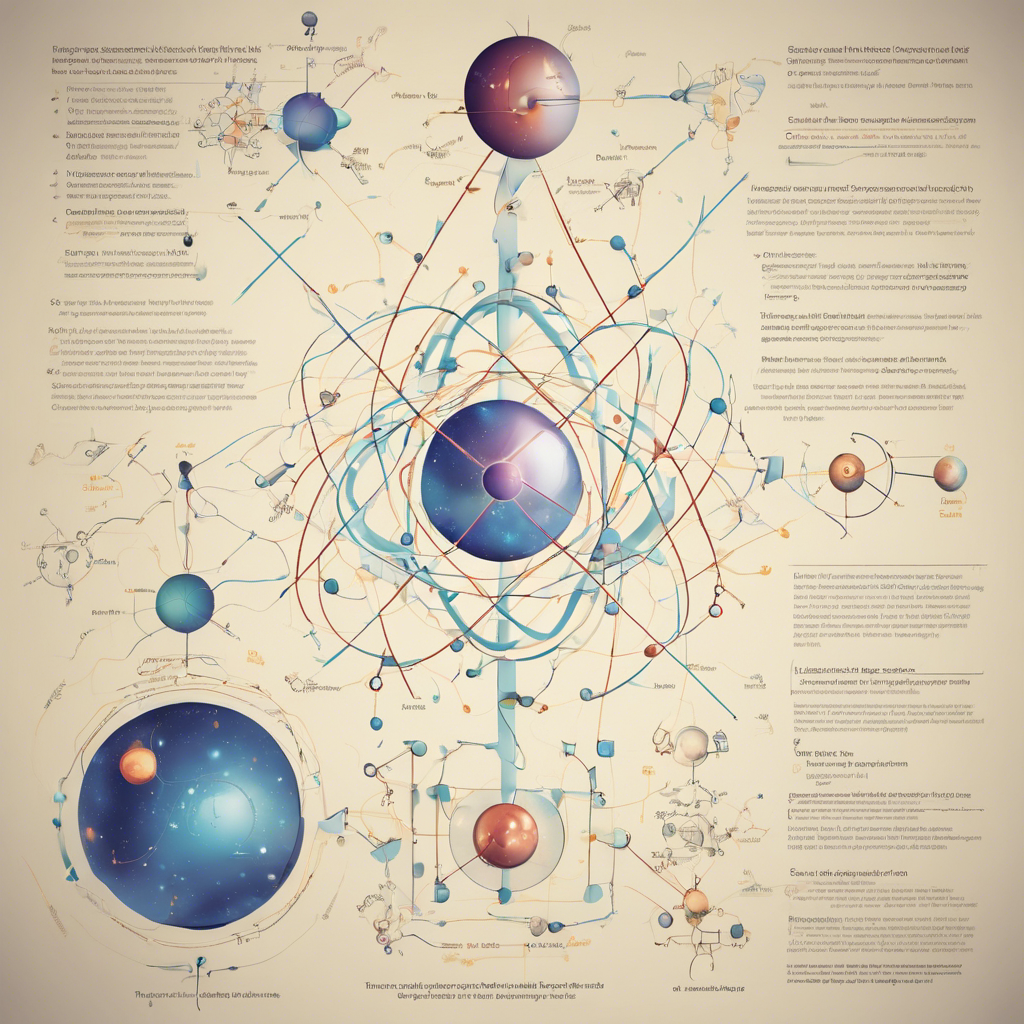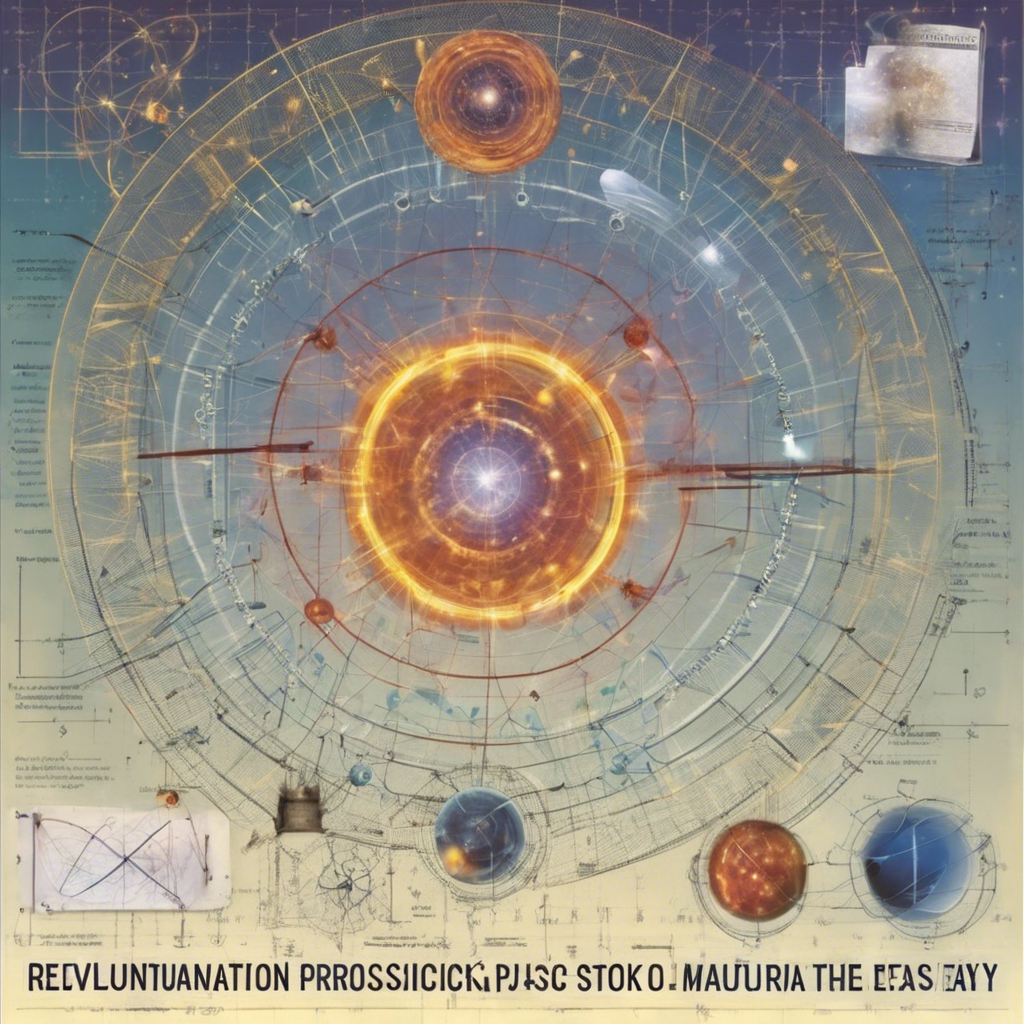Exploring the debate on determinism in quantum physics and its implications for the nature of the Universe
The notion that quantum physics implies randomness and uncertainty has long dominated scientific discourse. However, recent research suggests that this popular belief may be far from the truth. Physicists are now questioning whether the Universe is as random as we once thought and whether determinism, the idea that the laws of physics fully determine the Universe’s evolution, still holds true. This article delves into the ongoing debate surrounding determinism in quantum physics and explores the possibility that the quantum Universe might be more deterministic than its classical counterpart.
The Rise and Fall of Determinism in Physics
Determinism, the concept that the state of the Universe at any given time can be fully determined by its laws of physics, was a cornerstone of classical physics. Isaac Newton’s laws of motion, for example, allowed for the prediction of the Universe’s past and future states based on its present conditions. However, the advent of quantum theory in the early 20th century challenged this deterministic worldview. Quantum mechanics introduced the idea that the behavior of particles is probabilistic rather than deterministic, leading many to believe that determinism had been disproven.
Quantum Mechanics and the Uncertainty Principle
The emergence of quantum mechanics brought with it a fundamental shift in our understanding of determinism. Quantum theory describes the behavior of particles in terms of probabilities rather than definite outcomes. For example, Erwin Schrödinger’s famous thought experiment involving a cat in a box highlighted the probabilistic nature of quantum mechanics. The cat could be in a superposition of being both alive and dead until observed, at which point the wavefunction collapses into one of the two states. This apparent randomness seemed to challenge the notion of determinism.
Quantum Cosmology and Determinism
However, recent developments in quantum cosmology have reignited the debate on determinism. Physicists such as James Hartle and Stephen Hawking have proposed that the quantum Universe might actually be more deterministic than its classical counterpart. They argue that the wavefunction, which describes the evolution of quantum states, follows a deterministic law given by Schrödinger’s equation. This view aligns with Hugh Everett’s “many worlds” interpretation of quantum mechanics, suggesting that the Universe splits into different branches according to the possibilities encoded in the wavefunction.
The No Boundary Proposal and Strong Determinism
Hartle and Hawking’s “no boundary” wavefunction proposal offers further support for the idea of a deterministic quantum Universe. This proposal suggests that the shape of the Universe rounds off smoothly towards the past and shrinks to a single point, implying a unique initial condition. According to strong determinism, the laws of physics fix a single cosmic history without any alternative possibilities. While there are still challenges and alternative theories to consider, the no boundary proposal provides a more predictive and explanatory framework for the Universe.
Density Matrices and the Multiverse
Research in quantum foundations has explored the idea that quantum states of closed systems, including the Universe, can be described by density matrices. These density matrices offer additional options for the initial condition of the Universe and can lead to the concept of a “multiverse,” where the quantum Universe has many evolving branches. This perspective suggests that the laws of physics determine a cosmic history with multiple possibilities.
Conclusion:
The debate on determinism in quantum physics continues to challenge our understanding of the Universe. While classical physics embraced determinism, the emergence of quantum mechanics initially seemed to undermine it. However, recent research suggests that the quantum Universe might be more deterministic than previously thought. The no boundary proposal and the consideration of density matrices offer new insights into the deterministic nature of the quantum Universe. As we await a final theory that unifies quantum physics and relativity, the question of determinism remains open. If the quantum Universe is indeed strongly deterministic, it raises profound implications for free will and the ultimate laws that govern the cosmos.







